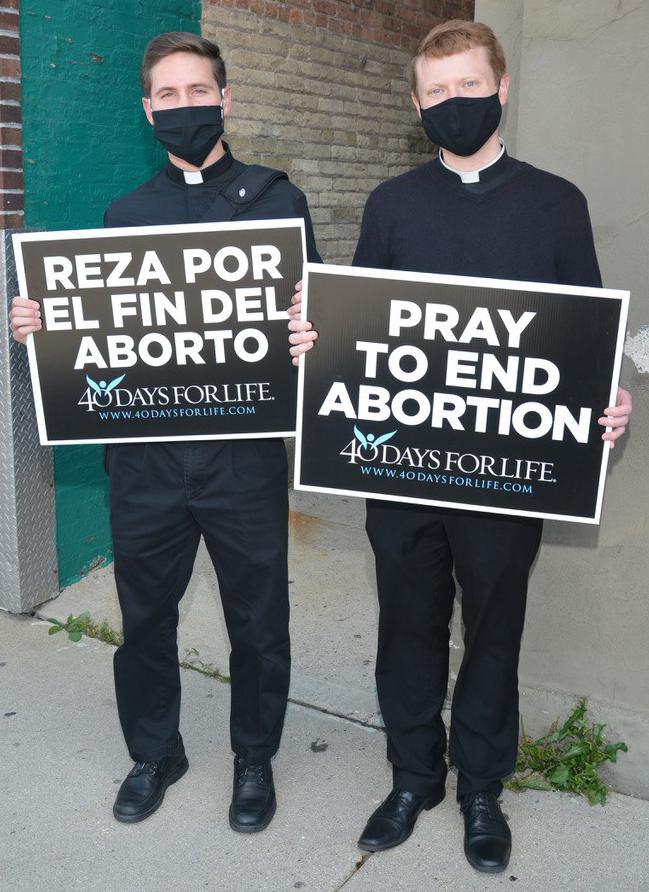
As we celebrate respect life month, we renew our resolve to care for and protect the vulnerable among us.
People get particularly upset when the discussion on abortion turns to weighing the value of the lives of individuals with disabilities. There are some who are convinced that it is an act of mercy to end a life rather than allow someone to suffer.
This rhetoric is not new. The USCCB noted in their 1978 Pastoral Statement on Persons with Disabilities that: “All too often, abortion and postnatal neglect are promoted by arguing that the disabled infant will survive only to suffer a life of pain and deprivation. We find this reasoning appalling. Society’s frequent indifference to the plight of citizens with disabilities is a problem that cries aloud for solutions based on justice and conscience, not violence. All people have a clear duty to do what lies in their power to improve living conditions for persons with disabilities, rather than ignoring them or attempting to eliminate them as a burden not worth dealing with.”
The widespread availability of prenatal screening tests has only compounded this problem. As Sarah Zhang, in her piece “The Last Children of Down Syndrome,” notes: “Prenatal testing is changing who gets born and who doesn’t. This is just the beginning.” This article, for the Atlantic, describes how Denmark, where prenatal down syndrome screening is taken by nearly all expectant mothers, reports that more than 95 percent of women who receive a Down syndrome diagnosis choose to abort. Though reliable information in the United States is scarce, a review of 24 studies (https://obgyn.onlinelibrary.wiley.com/doi/full/10.1002/pd.2910) suggests the rate here is closer to 67 percent. Two out of three children with Down syndrome are not permitted to be born.
What can men and women of faith do to counteract this toxic narrative and truly walk with parents who face not only a prenatal diagnosis but a world that tells them the best and most merciful thing that they can do for their child is to choose abortion?
We are called to bring the gospel to all, and this includes the truths that suffering is a part of life and that each human being has an inherent dignity we are called to protect.
Dan Miller, state director for Pro-Life WI, reminds us: “No one could suffer more than Jesus Christ did for us on the Holy Cross. Suffering is part of life, but it does not define our humanity. We are human beings, vessels of the Holy Spirit. Only God can bring life into being and only God should decide when we are to die. We are made in the image and likeness of God — the Imago Dei. Jesus Christ suffered in his life. We can suffer also and bring about God’s glory by sharing in Christ’s suffering, even for a short time in the eyes of eternity.”
The power of prayer can never be discounted. Consider praying this year’s novena: Nine Days for Life from Jan. 19-27 (respectlife.org), or spiritually adopting a child who is at risk of abortion.
This practice, suggested by Ven. Fulton Sheen, involves committing to pray for an unborn child for nine months. “Jesus, Mary and Joseph, I love you very much. I beg you to spare the life of the unborn baby [baby’s name], whom I have spiritually adopted, who is in danger of abortion. Amen.”
We can push for the meaningful inclusion of people with disabilities, and make sure that these beloved children of God are not relegated to the sidelines of our society. We are called to be Christ to them through our love, our support and our advocacy. Whenever possible, we should push our elected officials to hold a consistent life ethic by not only supporting measures that limit abortion but also improve the quality of the lives saved — education, health care and housing, to name a few.
St. Gerard, patron of the unborn, pray for us.
